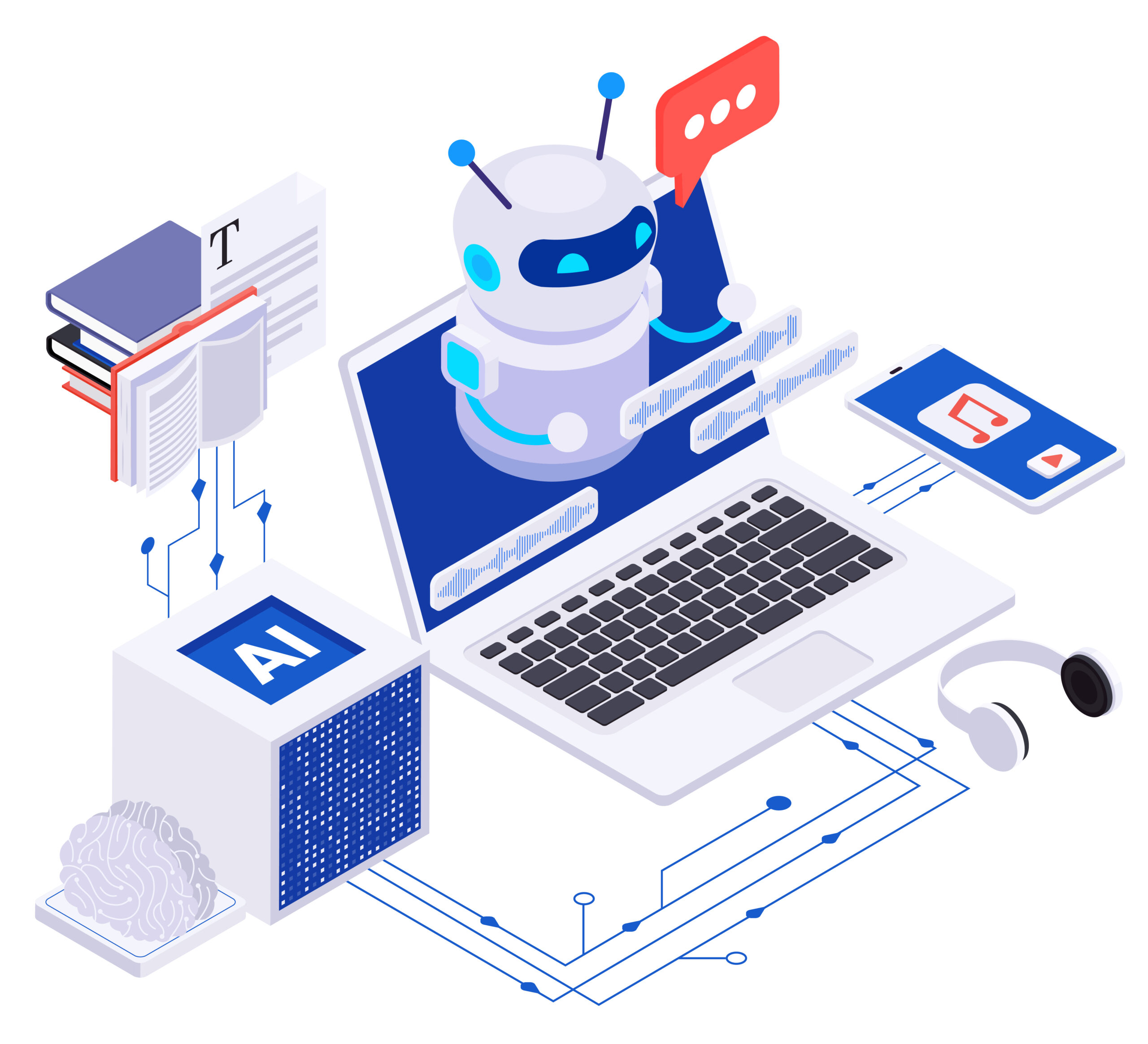Artificial intelligence (AI) is transforming the way we work, create, and interact with technology. Whether you’re crafting detailed prompts for chatbots or self-hosting large language models (LLMs), understanding prompt engineering is key to getting the most out of AI. In this article, we’ll explore AI fundamentals, job prospects, security concerns, and how to run your own LLM locally.
AI vs. ML vs. LLMs: What’s the Difference?
Before diving into prompt engineering, it’s essential to clarify the differences between AI, Machine Learning (ML), and Large Language Models (LLMs):
- AI (Artificial Intelligence): A broad term for machines that simulate human intelligence, including reasoning, problem-solving, and learning.
- ML (Machine Learning): A subset of AI where systems improve through experience and data without explicit programming.
- LLMs (Large Language Models): A type of AI model trained on vast text datasets to generate human-like text (e.g., ChatGPT, Claude, and LLaMA).
In simple terms: AI is the umbrella concept, ML is a method of achieving AI, and LLMs are specialized AI models designed for language-related tasks.
Early Examples of AI and ML
AI has been around longer than many realize. Here are some early milestones:
- 1956: The Dartmouth Conference marks the birth of AI as a field.
- 1966: ELIZA, an early chatbot, mimics a psychotherapist.
- 1997: IBM’s Deep Blue defeats chess grandmaster Garry Kasparov.
- 2011: IBM Watson beats human contestants on Jeopardy!
- 2017: Google’s AlphaGo defeats the world’s best Go players using deep learning.
These innovations laid the foundation for today’s AI-powered assistants, chatbots, and automation tools.
Who Are the AI Industry Leaders?
The AI industry is rapidly evolving, with fierce competition between major players:
- OpenAI (ChatGPT, DALL·E, Codex)
- Google DeepMind (Gemini, AlphaFold)
- Anthropic (Claude AI)
- Meta (LLaMA models)
- Mistral AI (Open-weight LLMs)
- Cohere (LLMs focused on enterprise use cases)
Each company specializes in different aspects of AI, from text generation to scientific problem-solving.
AI Jobs: Who’s Hiring and for What?
AI is creating new career opportunities, including:
- Prompt Engineers – Craft and refine AI prompts for better outputs.
- AI/ML Engineers – Build and optimize machine learning models.
- Data Scientists – Analyze AI-generated data and improve algorithms.
- Ethical AI Specialists – Ensure AI is used responsibly.
- AI Infrastructure Engineers – Manage the hardware needed for large-scale AI models.
- AI Product Managers – Oversee AI-powered products.
Even non-technical fields, like marketing and content creation, are seeing an AI-driven shift.
Will AI Replace Jobs or Create More?
One of the biggest concerns is job security in an AI-driven world. Here’s what the future may hold:
✅ AI will automate repetitive tasks – freeing humans for creative and strategic roles.
✅ New AI-related jobs will emerge – like prompt engineers, AI ethics consultants, and model auditors.
❌ Some roles will be disrupted – but adaptability is key to staying relevant.
The best way to future-proof your career? Learn how to work with AI instead of against it.
What is Prompt Engineering?
Prompt engineering is the art of designing inputs for AI models to generate better, more accurate responses.
Example: 👉 Weak prompt: Write about space.
👉 Better prompt: Write a 300-word article on the history of space exploration, including the Apollo 11 moon landing and modern Mars missions.
Mastering prompt design helps in automating tasks, coding, writing, and research.
Self-Hosting AI Models Like LLaMA
If you don’t want to rely on cloud-based AI, you can run your own models locally.
Some top self-hosted LLMs include:
- Meta’s LLaMA 3 – Powerful open-weight models.
- Mistral 7B – Optimized for performance.
- Falcon – Developed for efficiency.
- GPT4All – Lightweight and easy to set up.
Hosting your own AI means more privacy and control.
How to Run Your Own LLM Locally
Prerequisites:
✅ A powerful machine (GPU preferred)
✅ Python installed
✅ LLM weights downloaded (e.g., LLaMA from Meta)
Steps:
- Install dependencies
pip install llama-cpp-python- Download the model
- Meta’s LLaMA or Mistral (follow their official instructions).
- Run the model locally
python -m llama_cpp.server --model llama-7b.ggmlv3.q4_0.bin- Interact with the AI
from llama_cpp import Llama
llm = Llama(model_path="llama-7b.ggmlv3.q4_0.bin")
response = llm("Tell me about black holes.")
print(response)This lets you query AI privately without relying on OpenAI or Google.
Final Thoughts
Prompt engineering is one of the most valuable skills in today’s AI-driven world. Whether you’re using AI for work or hosting your own models, learning how to craft the right prompts gives you a major advantage.

